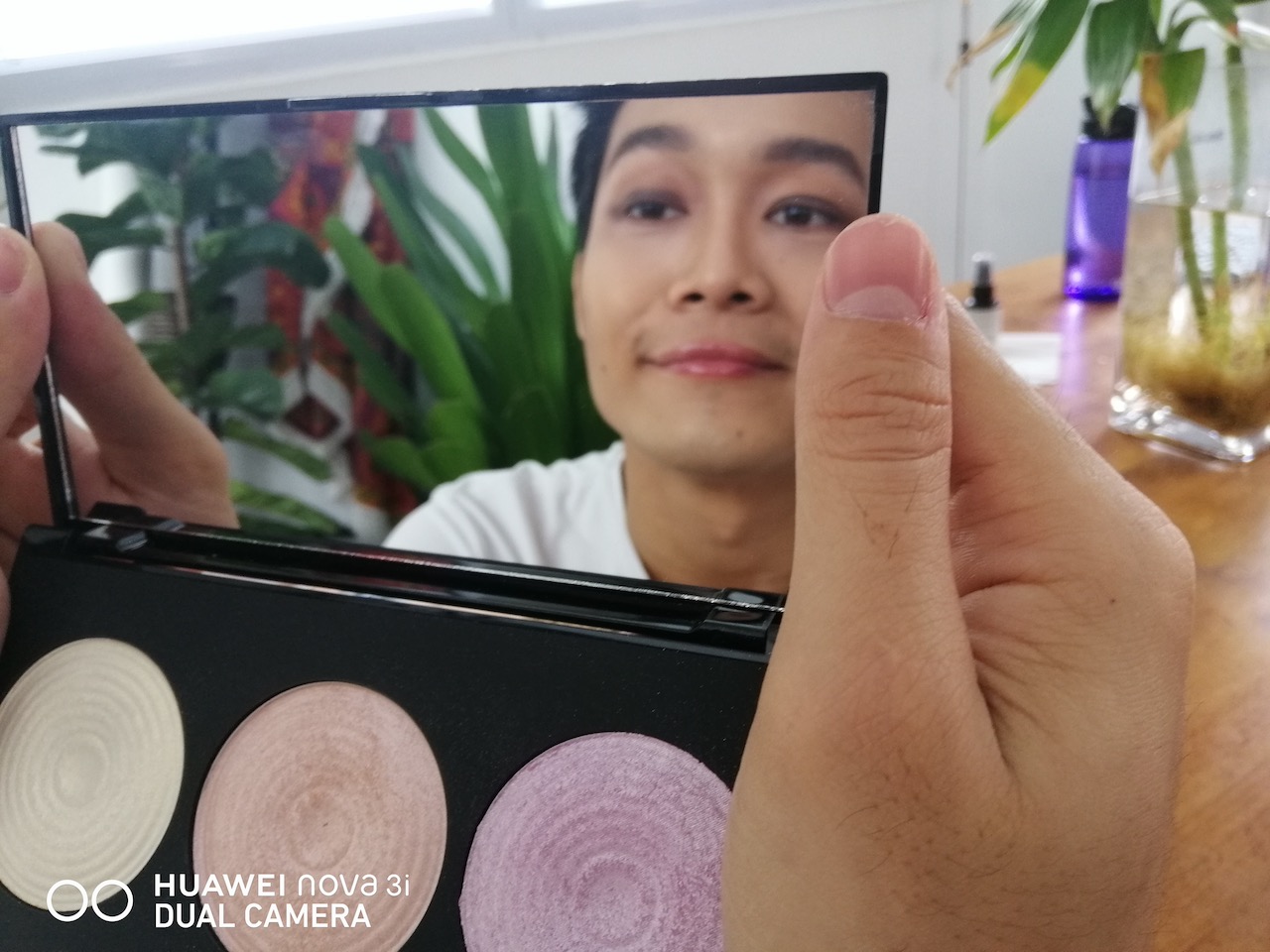With four specialised AI cameras solution of 24 MP + 2 MP on the front and 16 MP + 2 MP on the back, HUAWEI nova 3i ensures impressive photos with high clarity and bokeh effects.
Kim Kardashian teaches us that pronounced contours make our face look sharper; Korean beauty demonstrates that pale skin, double eyelids, and a sharp chin make us prettier than the average woman.
And when we use Instagram, there is always another Pretty Young Thing ready to bat her false lashes and pout her lips because someone, somewhere, told her that would make her attractive.
Naturally, these unrealistic representations influence how and why we think we’re beautiful.
Needless to say, men don’t face the same kind of pressure.
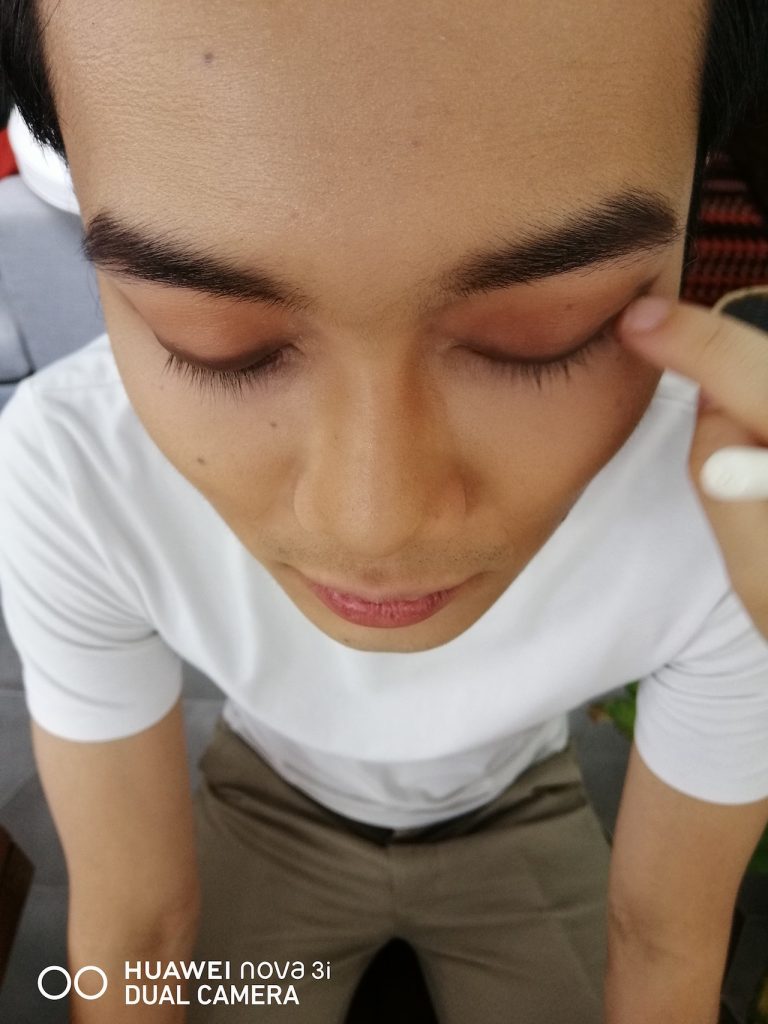
For instance, being sensitive and beautiful is the mark of a woman. Accordingly, anything a man does that resembles these traditionally feminine traits would deem him less manly.
To test this hypothesis, we sat down with three men to give them each a makeover (to the best of our extremely limited beauty prowess). We wanted to see if they felt any different before and after, and if they were able to empathise with one of the major hassles of being a woman.
Muhammad Shamil, 22, student

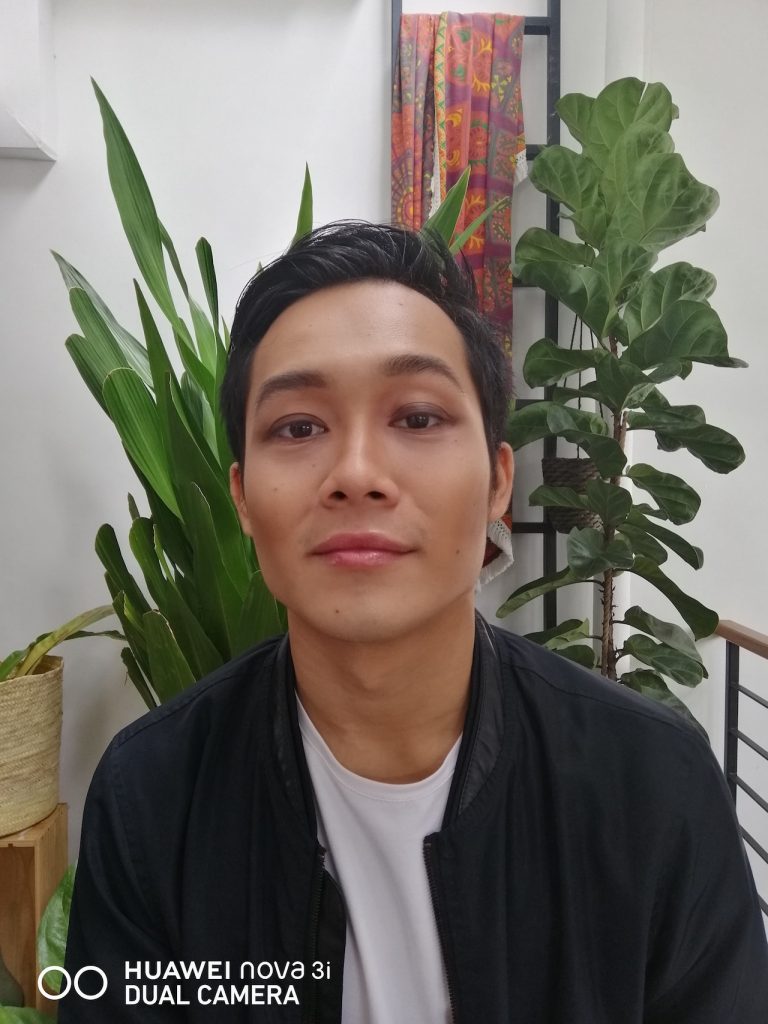
Still, he was adamant that he wouldn’t wear makeup, even if there was no stigma preventing men from doing as women do. His reason was simple and arguably ‘masculine’ in nature: makeup isn’t convenient.
“It’s definitely tedious. If I have to do this every day, it’s mentally exhausting. Just thinking of waking up earlier to put on makeup … I’d rather sleep. I’m too lazy.”
Daniel Ang, 26, student
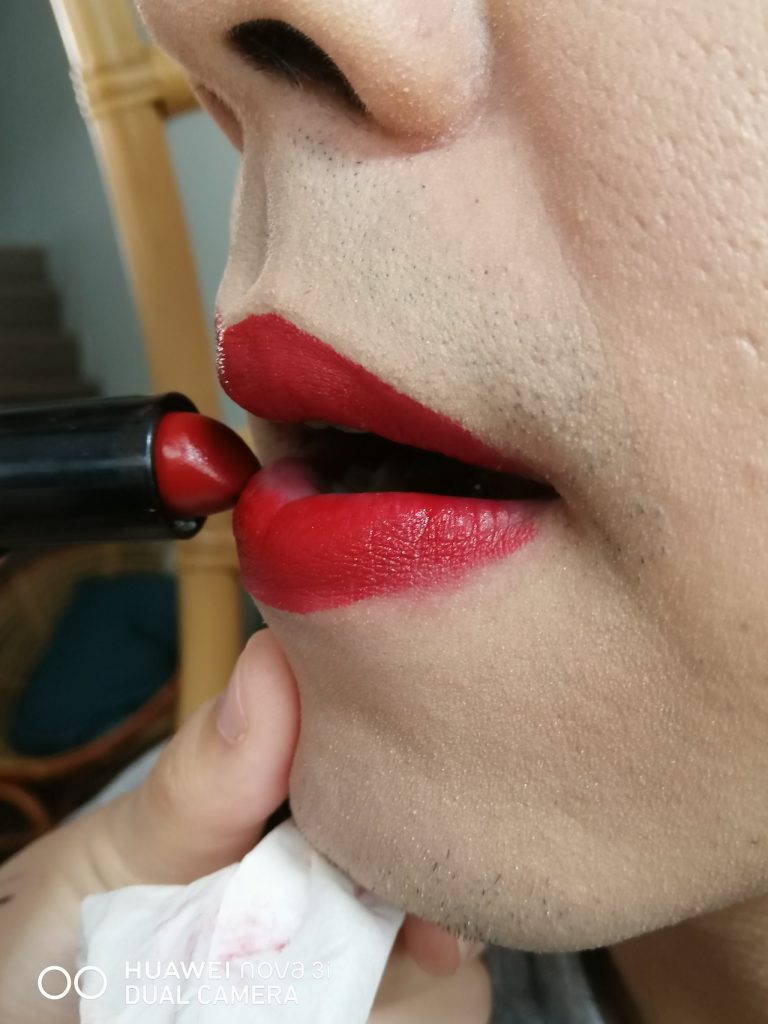
“We have certain expectations about how women should look when they go for events, school, work. Women have to put on makeup to cover flaws and all, or to get men to view them differently. There are even women who go for plastic surgery because they might think they’re not good enough for their husbands.”

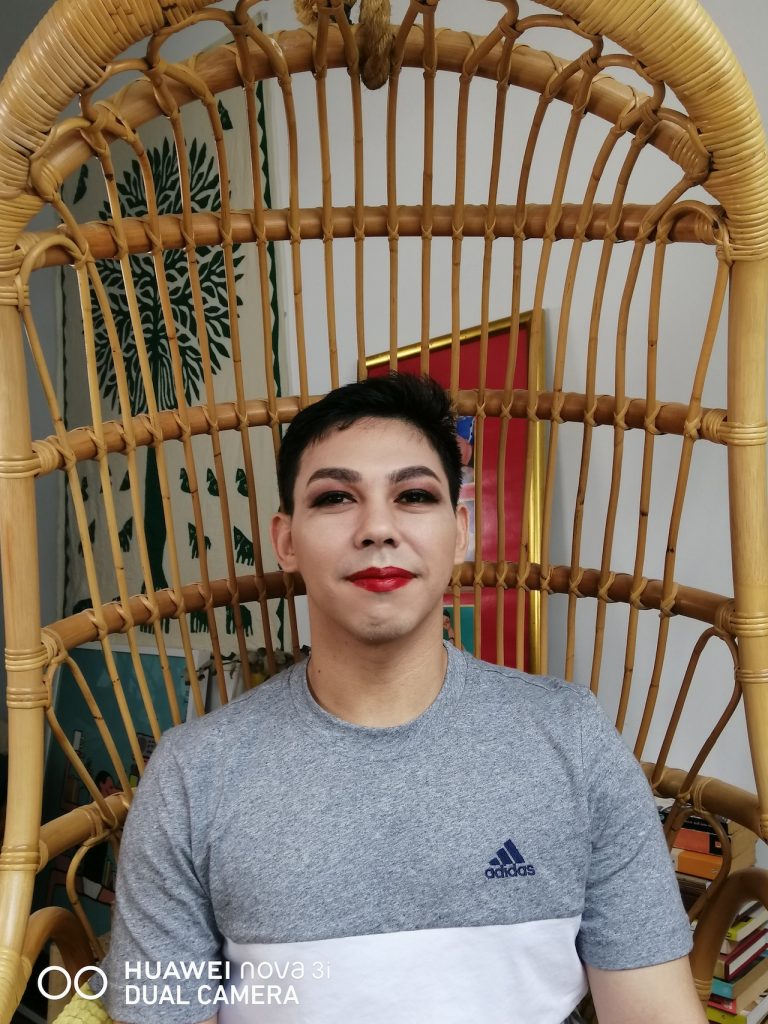
But Daniel has a point. To understand these women’s choices, consider where their definition of ‘looking better’ originated.
Lau Jue Hua, 26, fresh graduate
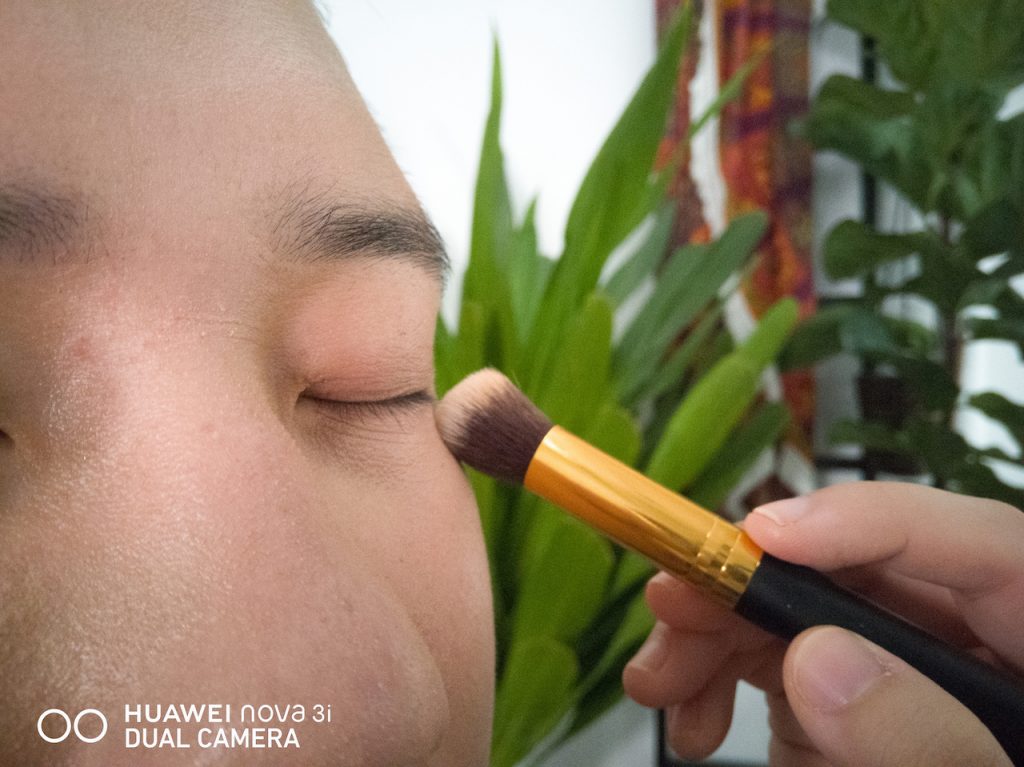
“I don’t think I’ll be able to do it if I’m a woman. The expectation of going out and looking good all the time makes life difficult. When I go out myself, I just style my hair. I take five, 10 minutes maximum. Usually I can finish in three to five minutes.”
He added, “Women have more hair. They have to style and dry their hair then apply makeup. It can take them an hour to get ready.”
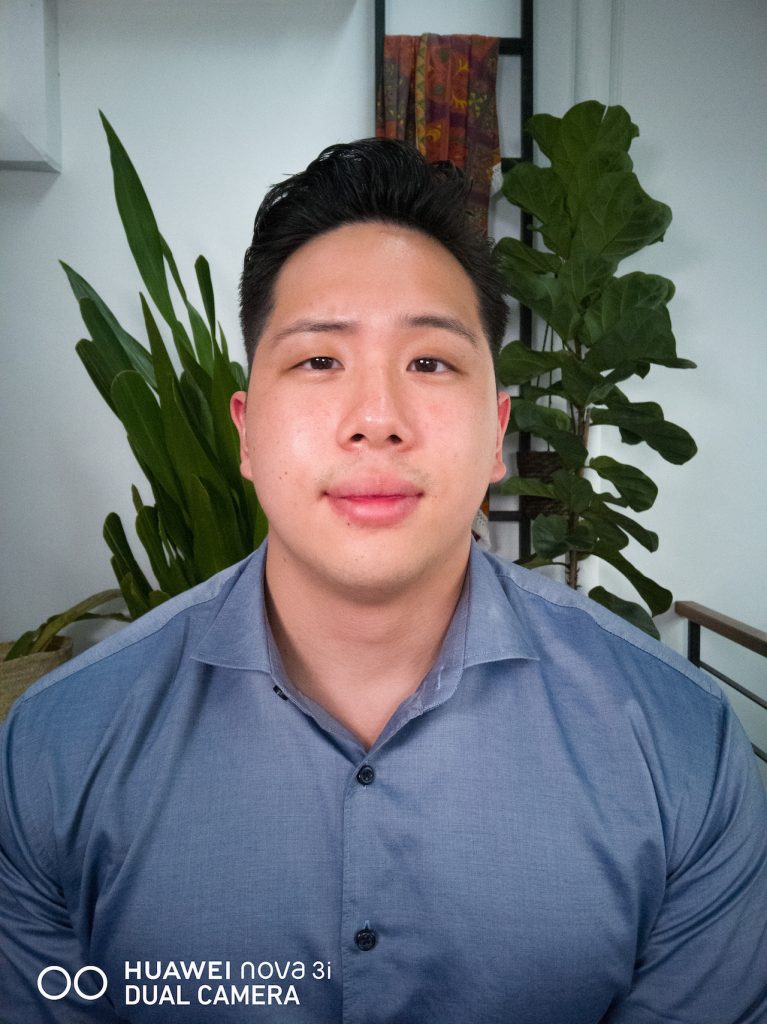
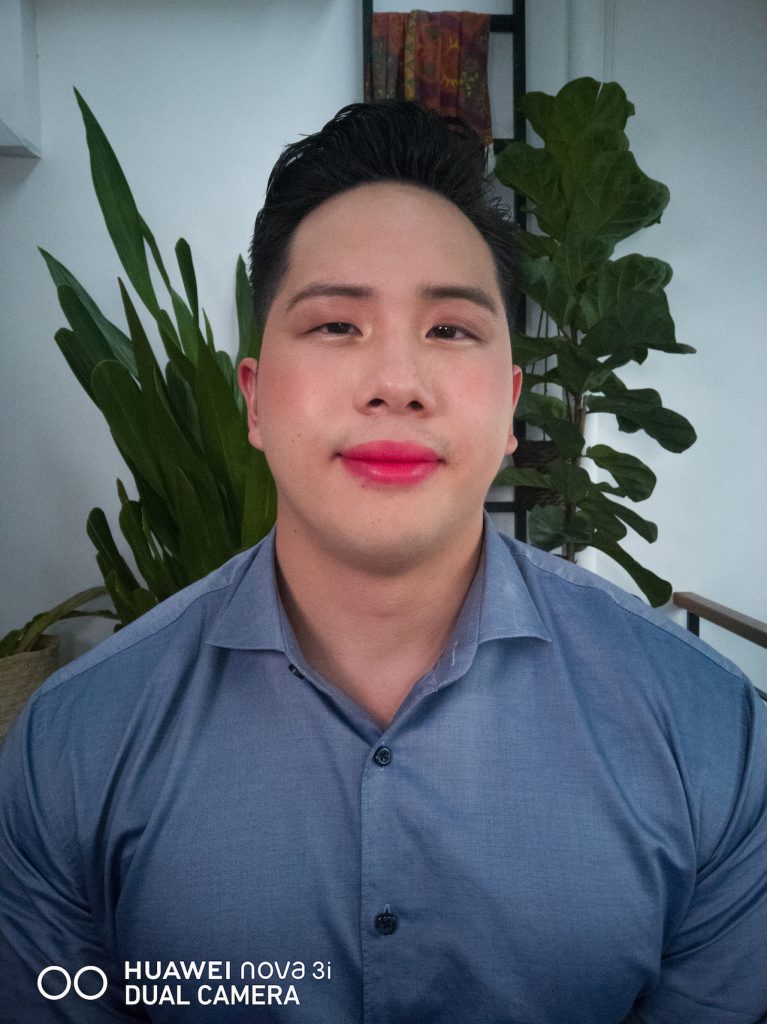
He also suggested that society sees wearing makeup and “taking care of yourself” as feminine behaviour and, therefore, a “waste of time”. He believes men are taught to focus on their career, removing the same pressure to look good all the time.
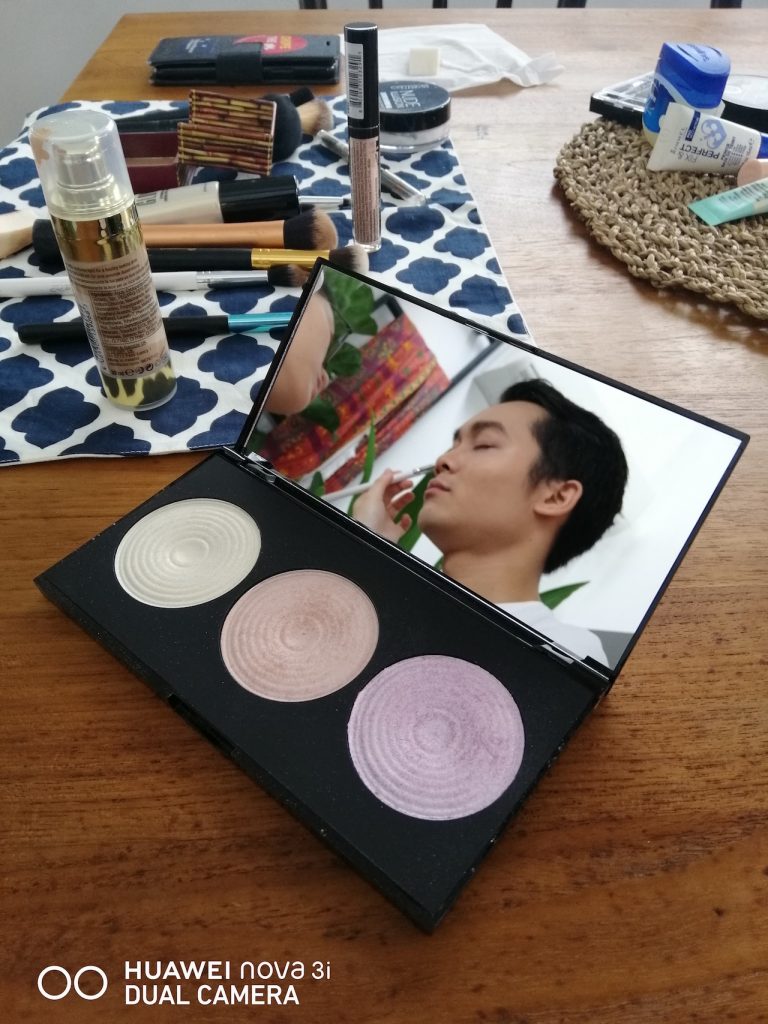
But if there’s anything we’ve learnt from this, it’s that our standards of femininity and masculinity are intrinsically tied to each other.
